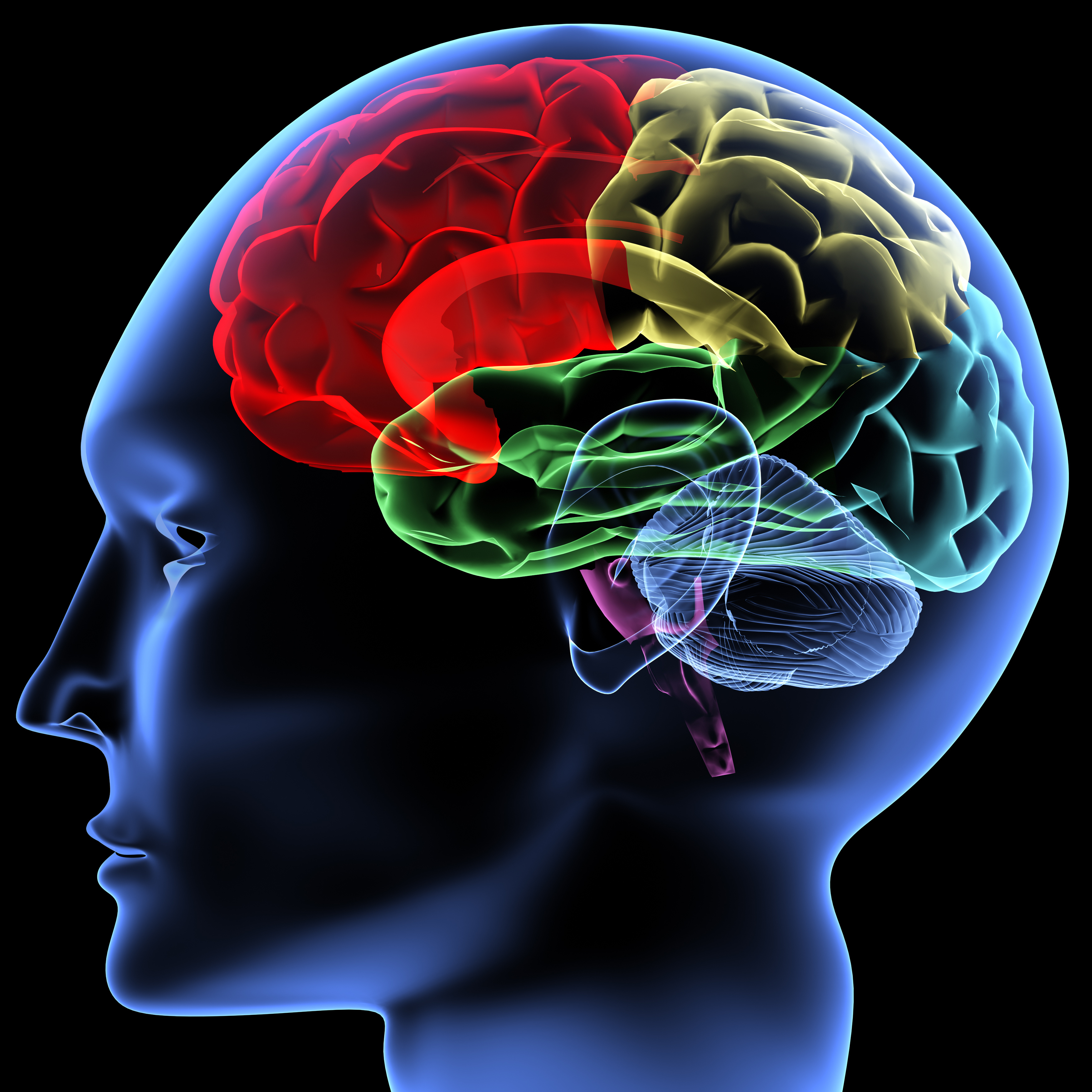 Music Supports Mental Health: NAMI Mental Health Awareness Month
Music Supports Mental Health: NAMI Mental Health Awareness Month
As we celebrate Mental Health Awareness Month, we examine the benefits of musical study to supporting mental health. The relationship between health and music has been studied for centuries. As early as 1918, James Frederick Rogers stated in Music as Medicine that “the means employed in this art always have been of two kinds: first, those appealing to the senses, and, through these doorways of the nervous system, by accompanying changes of consciousness […which] usually goes by the name of mental treatment.” (Rogers, 365) He discusses the benefits of music on physical health as well, but our focus will remain with psychological benefits this month. He notes that art has an impact on consciousness because it appeals to our senses and therefore shapes the way we experience the world. When experiencing music as an audience, our response is shaped primarily by what we see and hear. When practicing music performance, however, we also affect our tactile sensations. Grounding techniques used to treat responses like panic rely heavily on sensation, and learning to focus on what you feel as you use your instrument can help to quiet responses to other stimuli.
Of course, statements like those from Rogers have supported the development of Music Therapy as a current treatment method, and music therapists around the world work to help patients recover from significant events and assist with hospice.
Gary Ansdell and Tia DeNora performed a study on musical pathways, and one of their study participants shared her thoughts on her experience with music:
Sophie: “Music and music therapy has been the support and driving force of my treatment and continuing recovery. The continuity, unconscious nurturing and support to my confidence and mental health has been a key to where I am now. It has bridged and supported every step to enable me to progress—in a way that no other therapy has managed in such an all-inclusive way.” (MacDonald, Kreutz, Mitchell, 101)
Research is an excellent support for any idea, but personal testimony allows us to connect with a real application of research and to see how an individual like us has been able to improve her life through the presence of music. Sophie’s observations reflect the holistic way music can aid mental health maintenance and progress. While she experienced these benefits through music therapy as a patient, there are other ways to gain the same holistic wellness through music without a prescription. For those of us simply studying music as part of an educational program or extracurricular activity, there are benefits to every day wellness in each lesson and practice session.
Singers, brass players, and wind players all learn early in their training that breath is the foundation of technique and performance. All musicians are aware of breath as it relates to the time signature of a piece, and conductors of ensembles frequently use it to indicate entrances. Have you ever been anxious or upset and been reminded to take a deep breath? Nancy Zi introduces Chi Yi breathing techniques in The Art of Breathing with the reminder that “In the process of disciplining and controlling breathing, you direct your mental attention inward, thus minimizing or even eliminating external distractions.” (Zi, 25) Music students learn to control their breath and focus when tacking performance anxiety and redirection of nervous energy to musical engagement, which helps to alleviate emotional distress and anxiety as much as the tactile sensations of playing instruments can. Adults often hear “leave it at the door” in reference to outside stressors in the workplace. We all know the “why.” We want to be focused on our work to maximize our productivity and impact. Additionally, workplace and classroom stressors can interfere with success, and we must find ways to combat all of these stressors. Musical study offers us a “how” that equally applies to the workplace and the classroom.
Our mental health is impacted by pressures to succeed, and perfection as a goal can have a detrimental effect on wellness. David Bayles and Ted Orland discuss how art forms like music positively impact our relationship with perfectionism in Art and Fear. We know that concentration on the sensations of music making provides grounding. Bayles and Orland add that “For you, the seed for your next art work lies embedded in the imperfections of your current piece.” (Bayles&Orland, 31) Music and other arts allow participants to embrace process and imperfection, alleviating societal and personal pressures through shifting focus to the ever important “how” in another way. Through learning to acquire and refine musical skills, we learn that giving our attention to the methods and process through which we produce our work is the key to producing a quality result while alleviating the pressures of result oriented environments.
If you’re the employee who frequently brings work home or the parent of a student struggling to cope with school stress, assigning some of that “worry time” to music lessons and practice could help you to regain and maintain wellness. This month, devote that time and energy to self care, and your mental health will thank you.
Sources:
– MacDonald, Kreutz, and Mitchell. Music, Health, and Wellbeing. Oxford, 2012.
– Rogers, James Frederick. “Music as Medicine”. The Musical Quarterly. Vol 4. No. 3. Pg. 365-375. Oxford,1918.
– Zi, Nancy. The Art of Breathing. Vivi, 1994.
– Bayles and Orland. Art and Fear. Image Continuum Press, 2001.
